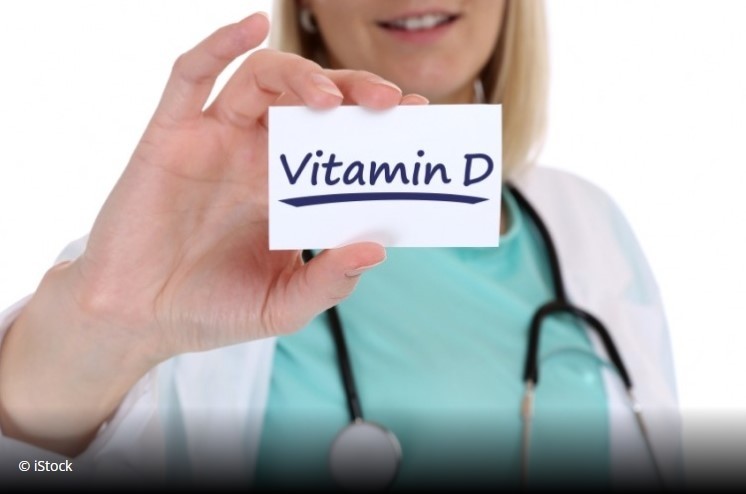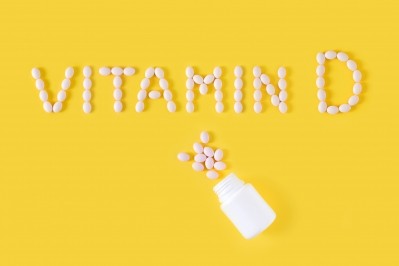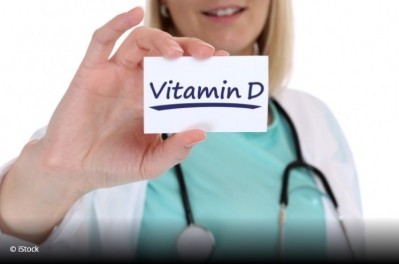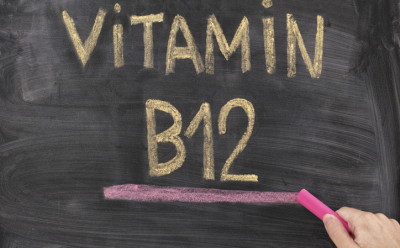Vegan vitamin D authorised in 22 new food categories

The Canadian producer submitted a novel food dossier in May 2020 to extend the range of food products in which Lalmin vitamin D yeast is allowed.
Previously, the vitamin D yeast was only permitted in baked products and food supplements.
Its approval in these additional categories gives manufacturers across a range of sectors a new plant-based vitamin D option.
What is vitamin D yeast?
Lalmin is produced by exposing yeast to UV light, which naturally converts ergosterol - which is endogenous to yeast - into ergocalciferol.
Explaining the difference between vitamin D yeast and other commercially available forms of vitamin D, Karen Dhanraj, technical marketing and sales manager at Lallemand Bio-Ingredients, told this publication: “They are very different products. A standard synthetic vitamin D3 is usually extracted from sheep’s wool using strong chemical solvents.
"The end product does not resemble anything natural. Vitamin D yeast is a vegan form of vitamin D. It is a gluten-free and clean label product which can be labelled as ‘vitamin D yeast. This sets it apart from mushroom vitamin D, which must be labelled as ‘UV-treated’.”
She said vitamin D yeast will be more costly than synthetic yeast, but that among plant-based options, it is cost-effective and very stable, with a long shelf life.
Cereal-based products, ready-to-eat meals, soups and salads, processed fruit and vegetable products, bread, pasta, dairy desserts, fermented milk and cream products, milk-based products and meat & dairy analogues are among the categories that can now formulate with vitamin D yeast.
Meat and dairy analogues present “a great opportunity”
Asked which of these present the greatest opportunity for development, Dhanraj said: “It’s not an easy answer because of course we’re excited about all of them, but if I had to choose, I would say that the meat and dairy analogues offer a great opportunity. The reason being, the nature of plant-based analogues is that they really require fortification to bring the nutrition up to the level of a representative meat or dairy product.”
For these applications, she said food manufacturers are often limited to an animal source of vitamin D, which is counter-intuitive for a plant-based food.
“Our Lalmin vitamin D is a non-animal product that fits very nicely on such labels and can provide a much-needed source of vitamin D to a population that may not be getting enough. Foods that contain vitamin D include fatty fish, eggs and dairy - all of which are animal-based foods,” said Dhanraj.
Vitamin D yeast was first authorised as a Novel Food in 2014 (as a concentrated, active yeast). Lalmin vitamin D (the inactive form) has been approved for use in food supplements since 2018, when Lallemand obtained its first extension of use dossier.
Lalmin in food supplements
Since then, Lallemand reports that it has had a lot of interest and business has continued to grow, with tablets and two-piece hard capsules popular delivery forms.
“We also see customers trying gummies and developing more orodispersible powder sticks, which is a convenient way to take a supplement,” noted Dhanraj, adding: “The beauty of Lalmin vitamin D is that the dosage for 100% RDA is so small (30-75mg, depending on the product), that it is very easy to formulate into these new delivery formats.”
The pandemic has undoubtedly played a role in growing demand for Lalmin for supplement applications. As Dhanraj says: “Since 2020, vitamin D has been in the spotlight, more than ever, for its immune benefits. Supplement manufacturers want to supply the ingredients their customers are demanding, and ingredients to support immunity have been at the top of the list.”
An application dossier has also been submitted to the US FDA with a petition to extend the use of Lalmin vitamin D yeast in 18 food categories. Lallemand said approval is expected in 2022.















